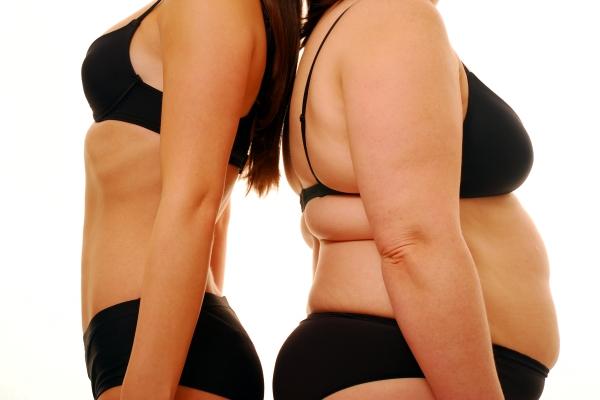A new study finds that the origin of obesity lies in the fetal stage of life in development of a fat-burning hormone called orexin.
Fighting fat with fat could be the key to success in the battle against obesity. Recent research has shown that unhealthy white fat can be decreased by increasing the body’s amount of healthy brown fat, resulting in significant weight loss.
This has sparked a great interest for researchers to race forward in the quest for successful methods of increasing amounts of the golden-brown substance in the body. Thus a new study out of Sanford-Burnham Medical Research Institute in Orlando, Florida, has found that a hormone produced in the brain called orexin, can activate brown fat in addition to playing a role in appetite control.
Fat-Burning Hormone Orexin Pits Good Fat Against Bad









